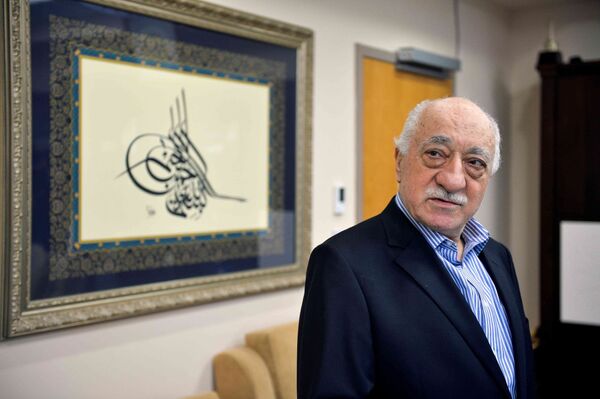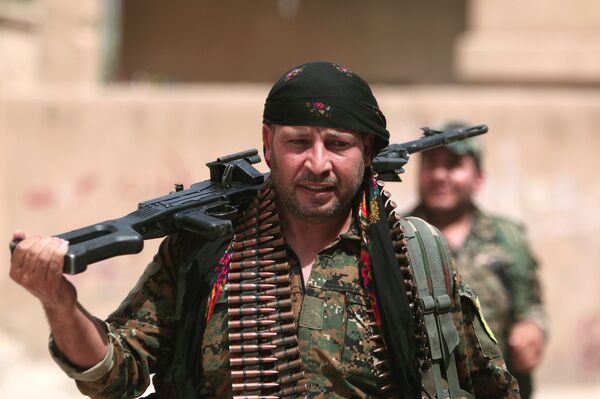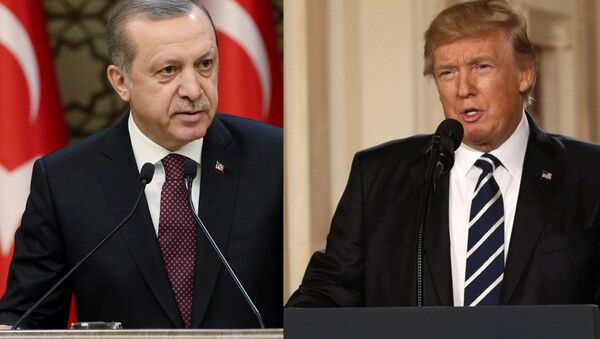Following a phone call with his Turkish counterpart, Recep Tayyip Erdogan, President Trump issued a statement hailing Turkey as "a strategic partner and NATO ally," and confirmed Central Intelligence Agency (CIA) Director Mike Pompeo would visit Turkey on February 9 to discuss security issues. However, beneath the boilerplate spin and diplomatic pledge lurk severe divisions between the two countries.
A sizeable rift burst open between the pair over the course of 2016, expanding evermore as the year progressed.
Perhaps most significantly, elements of the Turkish military attempted to overthrow Erdogan in July 2016 — and high-ranking government officials laid the blame on the doorstep of Obama;s White House.
They said his administration's refusal to extradite Turkish cleric Fethullah Gulen, believed by many in Turkey to be the driving force behind the scuppered overthrow, amounted to complicity — if not active participation in his destabilization efforts.

Another point of divergence for the two countries is ongoing US support for the YPG and PKK, Kurdish fighters battling Islamist groups in Syria.
While Washington considers the Kurdish forces vital in the war on Daesh, Ankara categorizes the groups as terrorists, due to their affiliation with outlawed Kurd rebel organizations in Turkey.

President Trump has distanced himself from his predecessor in a variety of policy areas, and outright scrapped the Obama administration's military plans. Could the new President also mend fences with Turkey, and will that necessitate changing position in these areas?
For Professor Huseyin Bagci, International Relations Department Chair at Middle East Technical University, the outlook remains patchy — although he believes both sides' interest in fighting Daesh could well mean they forget their differences. Moreover, Russian President Vladimir Putin will be crucial in unifying all sides.
"Both sides have not stepped down from their original positions — Turkey regards the YPG fighting in Syria as a terrorist organization, the US views them as furthering American interests locally. Behind both their stances is the same principle — terrorism must be fought. In Turkey's case, it's ethnic, the US' religious. So this disagreement will continue. However, Turkey needs American support to fight Daesh, and has promised to work together to fight them. Around 820 people were arrested for having connections to Daesh in Turkey on February 6," Professor Bagci told Sputnik.
The Obama White House was also rubbed the wrong way by the rapprochement between Syria and Turkey, which resolved grievances over Operation Euphrates Shield; the former viewed the actions as incursive, while the latter claimed them to be purely defensive. Professor Bagci is clear that President Putin was fundamental to brokering this concord.
"Russia has been the main coordinator in this — both sides trust Russia. This makes certain that Russia's presence in the region will continue, and the fight against radical terrorism will be successful. Currently, for the first time in history, Turkish and Russian air forces are striking Daesh together — a unique development in both countries' international relations," the professor concluded.


